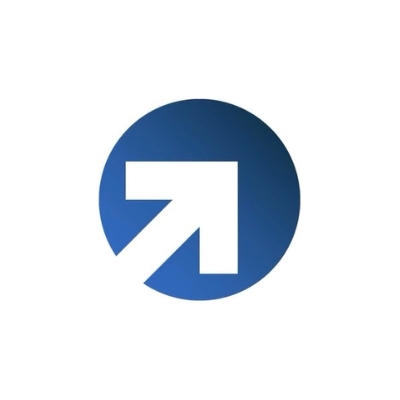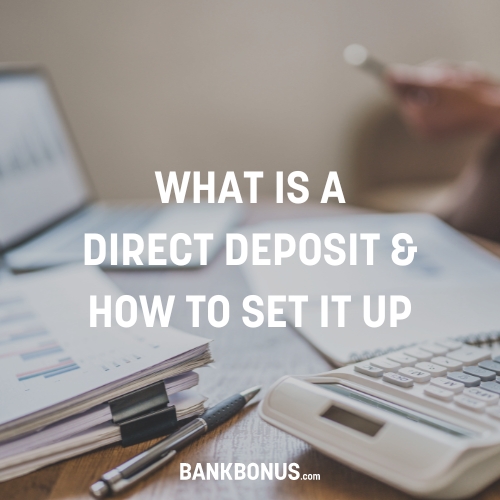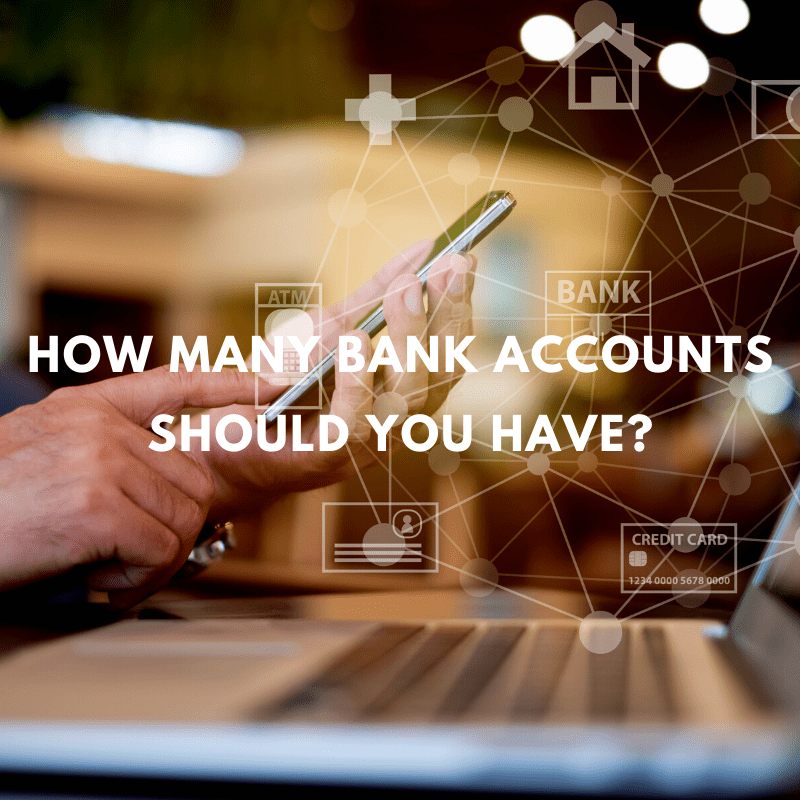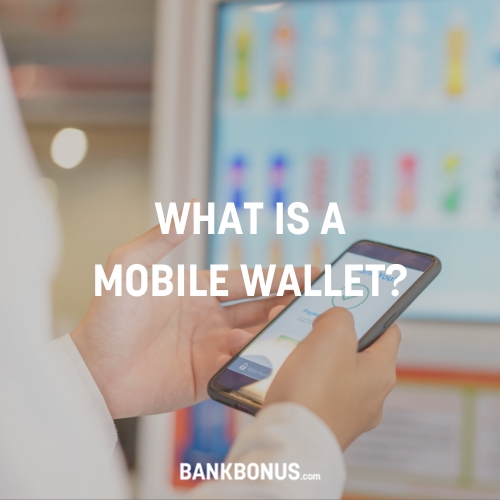Are online banks safe? Is safety really a problem for online banks, and if so, how serious of a problem is it? Online banking is a relatively new phenomenon that is changing how the world banks.
In the US, this all began back in 1999, with First Internet Bank’s launch – the first “extended value online bank.” Since that fateful day, online banks have exploded onto the scene.
Still, they are not perfect. Just like everything else, online banks have pros and cons, with safety and security being two well-founded concerns.
How safe are online banks?
Online banks are a safe place for your money – but you should make sure that you only use an online bank you know you can trust.
My advice is to look for a bank that’s insured by the Federal Deposit Insurance Corp (FDIC), as when your money is FDIC-insured, your accounts are covered up to $250,000.
As smartphones and other devices continue to advance and the internet continues to become faster, online banks will likely continue to flourish, with more and more people using them to manage their personal finances.
What are the biggest risks with online banking?
No system is 100% foolproof, and this also applies to online banks. Realistically, the same safety concerns that apply to the best credit unions and traditional banks apply to the best online banks as well.
Is the bank regulated?
Ensuring that the bank is regulated, whether at the state or federal level, can help you understand how safe the bank is.
Are accounts FDIC insured?
Banks offering accounts covered by FDIC insurance can help you put your mind at rest that, should something happen to the bank, your money is insured up to $250,000. If you’re unsure whether a bank is FDIC-insured, FDIC’s BankFind tool can help you find out.
How secure is their banking app?
App security is one of the most important things to look out for when it comes to online banking, including encryption and authentication. One argument we hear a lot about online banks’ safety is that of online security, and to a certain extent, this is true.
Being online is inherently risky, and this also applies to online banks. It’s worth pointing out traditional banks don’t keep all of their customers’ data on paper in files inside a drawer.
Data is still kept on servers connected to a network. This means that, theoretically, online banks are no riskier than traditional banks.
Of course, it’s up to each bank to maintain essential security protocols to safeguard customers’ data. This is why it’s important to ensure that the bank is regulated and to take the time to research the bank you’re thinking of joining before actually doing so.
It is also important to keep things secure from your end. In most cases, getting into a customer’s device is far easier than getting into a bank’s network. This is why mitigating security risks is important to keep everything safe.
In the next section, we will be looking at steps you can take to keep your online life as safe and as secure as can be.
How to minimize security risks
There are several steps you can take to make sure you are as secure as can be.
Step 1: Secure Your Device
The first step you should take is to secure the device you use to do your online banking – whether this is your phone, tablet, laptop, or computer:
- Update your Operating System – Make sure that your Operating System is up to date, paying special attention to security updates and patches.
- Update all software on your device – It’s a good idea to keep all of the software installed on your device updated to the latest versions since these might introduce security risks.
- Install anti-virus software and keep it updated – Always install good anti-virus software and make sure it’s up to date at all times.
- Do not install obscure apps – It’s no secret that some apps pose a higher security risk than others, with some malicious apps running secret keystroke loggers to steal your login credentials.
- Use a secure password – Make sure your passwords are secure and not easily guessed – mix upper and lower case characters, numbers, and special characters to keep it as secure as possible.
- Avoid using public WiFi – Public wifi tends not to be secure and should be used the least amount possible.
Step 2: Leverage The Bank’s Security Features and Follow Their Policies:
It is also very important to familiarize yourself with the bank’s security policies and features:
- Actually read their policies – Many online banks take extra steps to ensure that these policies can be read and understood by humans who aren’t lawyers.
- Enable two-factor authentication (if available) – Two-factor authentication adds an extra layer of security by having you authenticate twice in different ways.
- Never disclose personal information over the phone or via email – Most banks never ask for your personal information over the phone, especially not via email.
What to look for when choosing an online bank
When it comes to choosing an online bank, you should be on the lookout for several things. This will not only help you get the best deal but ensure that your account and money are safe.
1. Offers and Promotions
Many banks, including online banks, run bank promotions and offers for those opening new accounts. These can range from free cash to more beneficial APY (Annual Percentage Yield) rates and better rate terms on credit cards.
2. Mobile App Reviews
Online banks have apps that can be downloaded either from the Google Play Store or the Apple App Store – depending on the device you own. Make sure you go through the reviews to understand if existing customers have any recurring issues.
3. Account Fees
Many banks charge account maintenance fees for different types of accounts. This can put a dent in your budget, which makes looking for free checking accounts worth it. Alternatively, look for accounts that offer the best fee waivers. These can include lower account minimums to avoid paying the monthly fee.
4. APY Rates
APY rate is what the bank will pay you for the money you keep in the account. The APY rate is worked as a percentage of the money you have in the account and, in most cases, is compounded daily and paid out monthly.
5. Account Type
There are many different types of checking accounts and savings accounts, so it’s important to find the right one for your needs. Whether you’re opening a business account because you’re launching a company or opening a savings account to save for a down payment on a home, it’s worth spending the time to find the best bank account for your goals.
6. Products and Services
Bank accounts are important, but so are other products and services that banks offer for your financial life, like loans, mortgages, credit cards, and more. Take the time to understand the products and services each bank offers that align with your own goals. It’s often easier to work with one bank for all of your financial needs, but it’s certainly not required.
7. Customer Service
With no physical bank branches to visit, an online bank’s customer service and support become very important. Look for different ways to get in touch and their support team’s availability to make sure you can receive good service when you need it.
Pros & Cons
As we discussed earlier, online banks have their own set of pros and cons. Of course, not all online banks are the same, and what applies to one bank might not necessarily apply to the next.
Here are some general pros and cons associated with online banks:
Pros:
- More favorable rates – Online banks tend to offer better rates than the more traditional brick-and-mortar banks.
- No fees – Online banks are notorious for charging fewer fees, including no monthly maintenance fees, with some going as far as not charging NSF fees.
Cons:
- Not the only ones – Many brick and mortar banks have strong online or mobile banking apps and websites, allowing you to carry out most if not all banking tasks just like an online bank.
- No proven track record – Most brick and mortar banks have been around for decades and even centuries, while the oldest online bank is just out of its teens.
- No physical branches – The lack of bank branches means no face-to-face bank’s help, which some people might miss.
What’s the difference between an online bank and a traditional bank?
Online banks are just like any other financial institution except that they are 100% online. There are no branches you can visit for face-to-face meetings as there are with traditional banks – everything is done online from start to finish.
In most cases, you will be able to use a combination of a mobile banking app and a desktop website to access your online accounts. Most online banks focus on their smartphone apps before anything else.
What Services do Online Banks Offer?
You can expect online banks to offer the same range of services as you would find in a brick-and-mortar bank. This includes various bank accounts, debit cards, credit cards, borrowing options, and mortgages.
Online banks also offer business products and services. This means you can also use the online bank for your work banking requirements if you’re a business owner or freelancer. Depending on which financial product you’re applying for, the bank may need to check your credit score.
With most of our shopping online, from groceries and supplies to clothes and electronics, it was only natural for the banks to follow. Like online retail stores, online banks tend to offer better prices, supplemented by better interest rates.
This is partly because online banks have lower overheads since they do not have to maintain all those branches, staff, and everything else required to manage physical locations.
This also means that you don’t have to stand in a bank line – ever – since this is physically impossible without a branch to visit. Theoretically, this should translate to less wasted time, provided that the online bank is efficient with their communications, be it email, phone, or live chat.
Frequently Asked Questions
What are the risks of online banking?
There are some risks associated with online banks, including data security and safety. Of course, these risks do not vanish away when you use traditional banks since they also have mobile banking apps and share data over networks.
Another risk associated with online banks is their lack of track record. The oldest online bank has been around for 20 years – a far cry from traditional banks’ 100+ years.
While some will argue that traditional banks caused the recession anyway, we have yet to see how online banks handle market stresses.
What is the safest way to do online banking?
There are several steps you can take to make your online experience as safe as possible. Make sure your device is updated and that all software updates are installed.
Good anti-virus software can also help you stay secure, as does avoiding using public wifi, which anyone can access.
Be sure to take the time to familiarize yourself with any security policies the bank issues. Beware of things like ‘phishing’ and ‘smishing’ (they have funny names, but there’s nothing funny about them!) – types of scams that involve fake emails and fake texts that ask you for your card information.
For example, banks will never ask you for your personal information such as PIN codes over email, text, or phone. Knowing what information you can safely share with them will help you stay safe.
Is online banking safe from hackers?
While banks have some of the most robust systems around, in reality, nothing and nobody is safe from hackers. As we said earlier, no system is foolproof, and while it can always be made more secure, the risks are always there.
We have heard many stories of banks being targeted by hackers – some attacks have been successful, others have not.
If your account is hacked, it is highly unlikely that you will lose the money since banks refund money lost due to fraudulent activity. The important thing here, and this is very important, is to report any suspicious activity as soon as possible.
Failure to do so can see you lose rights to claims you could have otherwise easily made.
In Summary
While there are many advantages to online banks, there are also things to be aware of. Understanding both advantages and disadvantages can help you make the best choice for your financial needs and, ultimately, your financial future.
With so many online banks available, no one bank’s the right bank for everyone. Remember to check what each bank has to offer, and look for access to nationwide ATM networks, free ATMs or ATM fee reimbursement, lower fees, higher interest rates, and even promotions or cashback offers.
If you can get more value for your money from your bank, why not take advantage of it? I hope this article helps you find the best online bank for you – and remember to check back for more soon.






Comments are closed.
Comments are closed here.